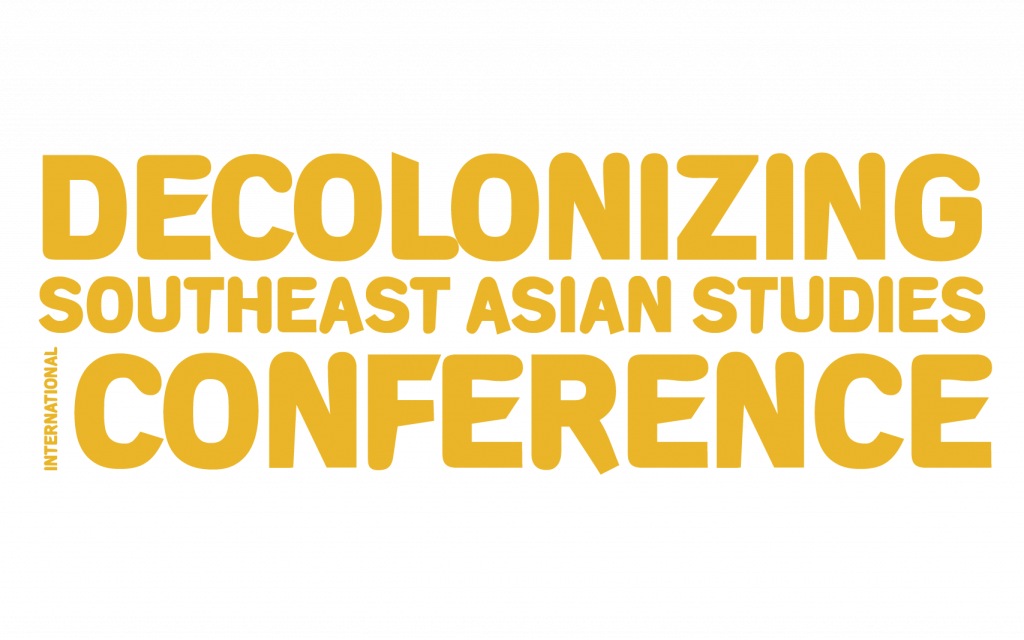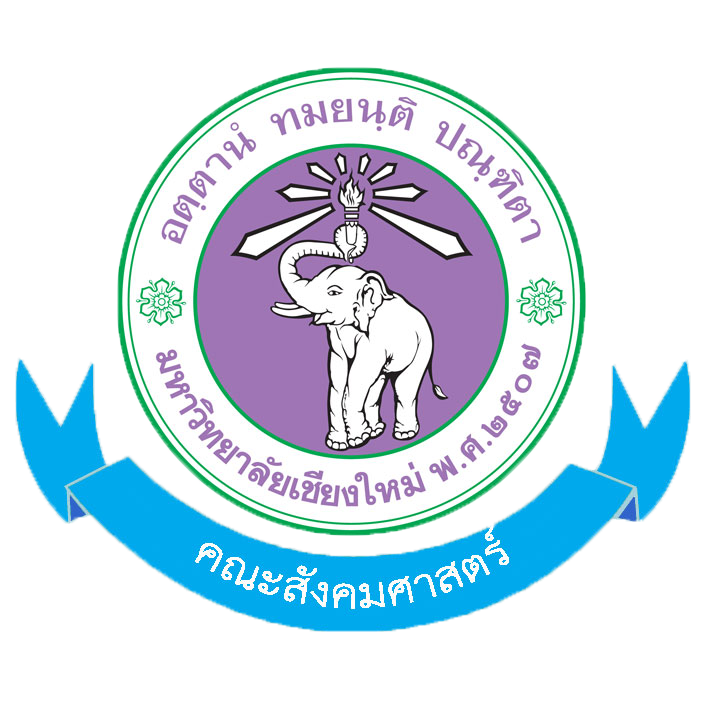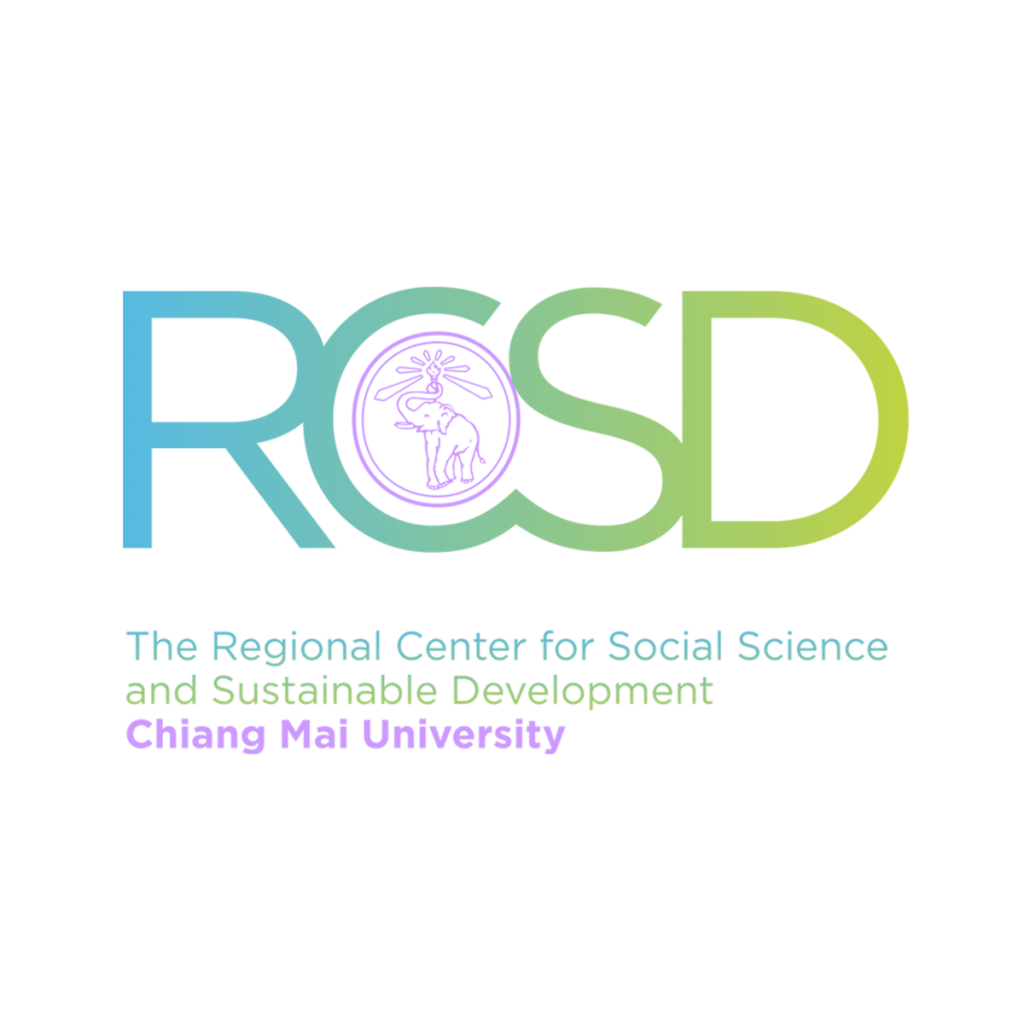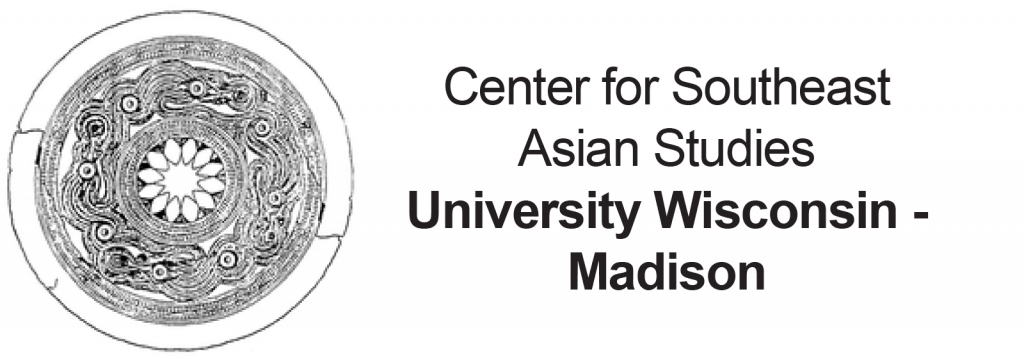There is increased interest in the “decolonization of Southeast Asia Studies.” What forms can decolonization take, and in what different ways can it be imagined?
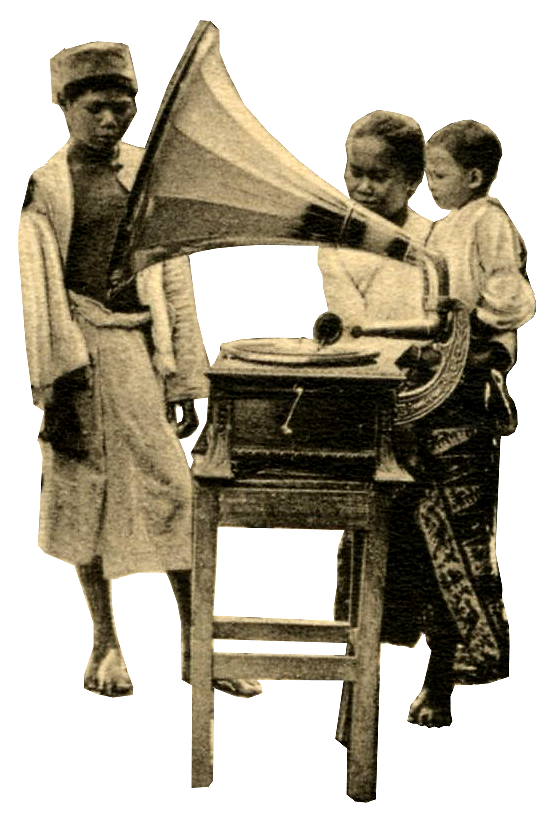
The Decolonizing Southeast Asian Studies Workshop will be held 17-19 July, 2025. The workshop will be hosted and organized by RCSD and the Faculty of Social Sciences of Chiang Mai University, in collaboration with the Center for Southeast Asian Studies at the University of Wisconsin-Madison, and through the generous support of the Henry Luce Foundation.
In recent years, there has been increased interest in various aspects of the “decolonization of Southeast Asia Studies”. However, “decolonization” can take on many forms, and can be imagined in an array of different ways. In the United States, the focus has often been on putting more emphasis on increasing the number of Southeast Asian faculty and Southeast Asian diasporic communities. In Southeast Asia, on the other hand, more emphasis has been put on rethinking how the territories and borders associated with Southeast Asia are imagined and defined. Indigenous peoples in Southeast Asia also have their own varied ideas about decolonization in the region. Sometimes it is about who is involved, in other cases it is more about the ideas that are being presented. There are undoubtedly many perspectives and theoretical ways of framing and thinking ideas about the decolonization of Southeast Asian Studies.
Decolonizing SEA Studies Conference made possible by:
Decolonizing SEA Studies
Conference Committee
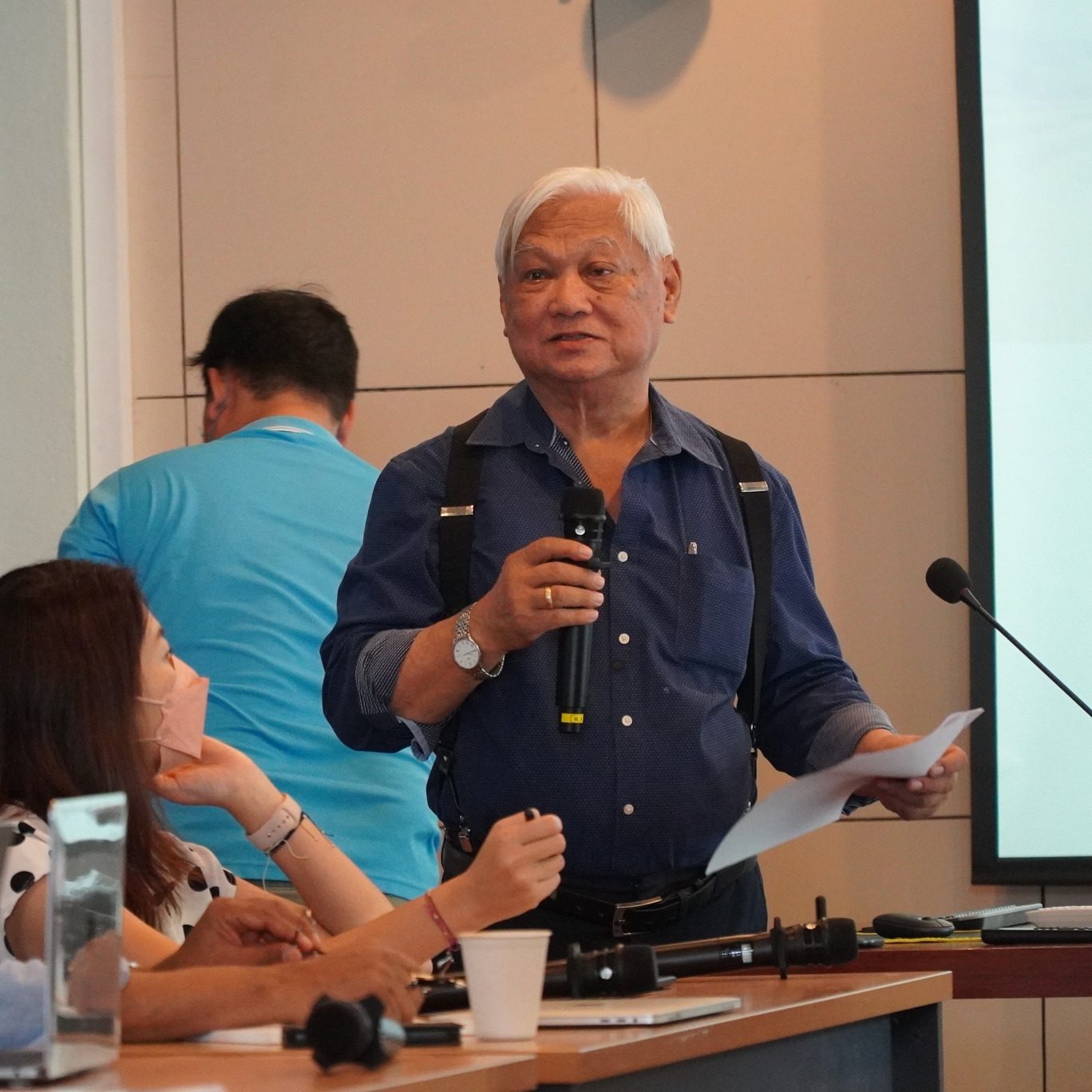
Chayan Vaddhanaphuti
Director, Regional Center for Social Science and Sustainable Development, Chiang Mai University
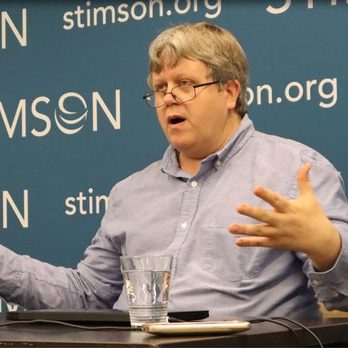
Ian Baird
Department of Geography, University of Wisconsin, Madison
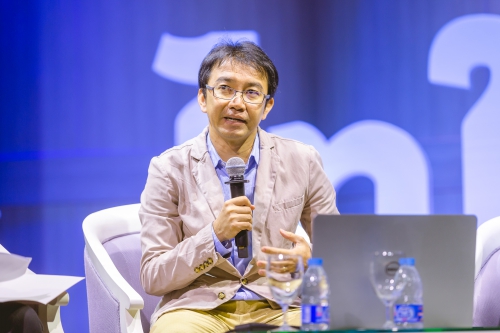
Wasan Panyagaew
Dean, Faculty of Social Sciences, Chiang Mai University
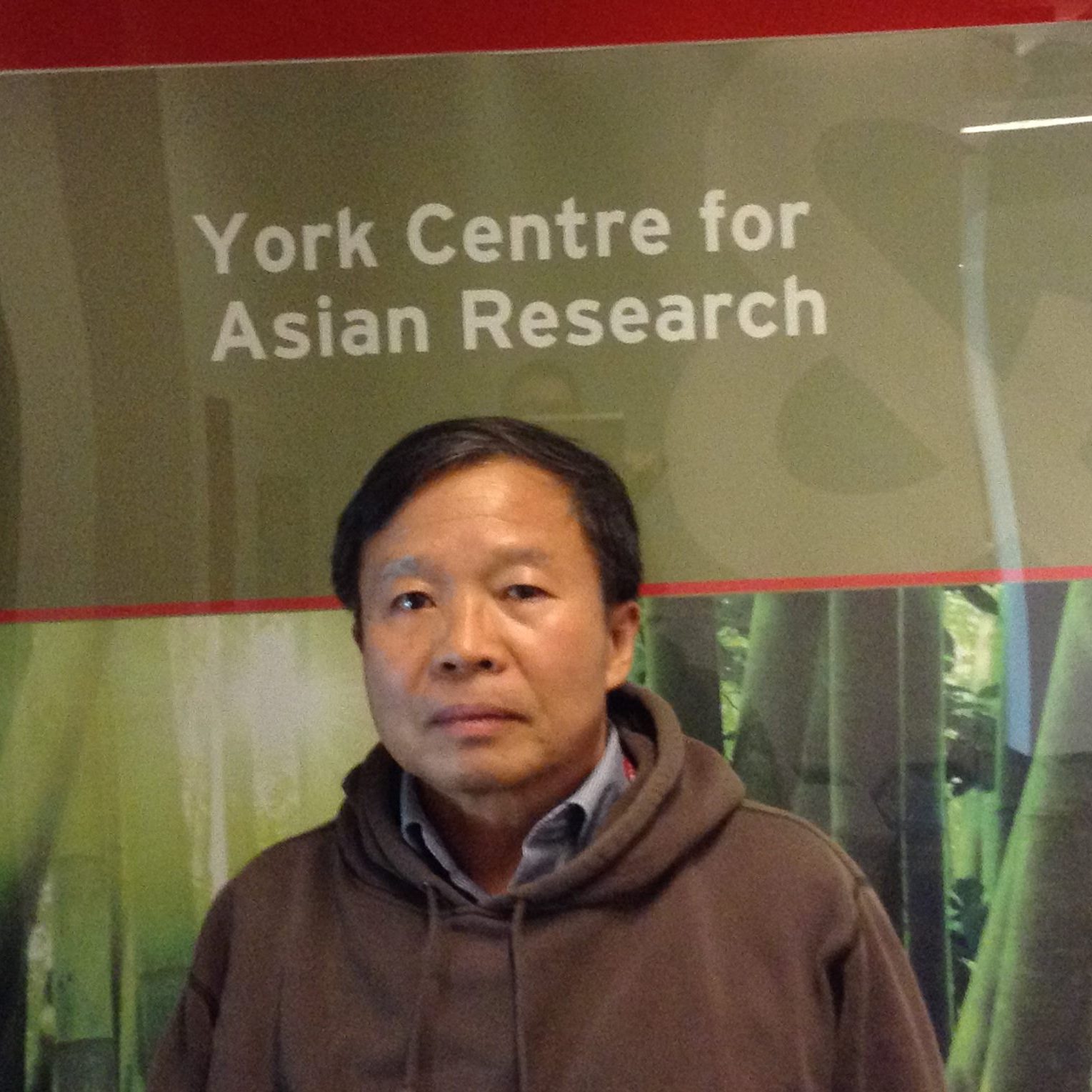
Chusak Wittayapak
Department of Social Science and Development, Chiang Mai University
FAQs
Why decolonization?
“Decolonization” is a starting point to analyze the historical power imbalances of Southeast Asia to find a deeper, critical understanding of the situation of this region and the legacy of its (colonial) past. This conference hopes to open a space for considering “decolonization” outside of the centering frame of western academia and examine what this term means for people within Southeast Asia as they attempt to reimagine regional geographies and identities and give weight to indigenous knowledges and perspectives.
Who is organizing the conference?
The Center for Southeast Asian Studies of University of Wisconsin, Madison has partnered with the Regional Center for Social Science and Sustainable Development (RCSD) and the Faculty of Social Sciences of Chiang Mai University to host the conference, with conference committee members drawn from the aforementioned institutions.
Where and When is the Conference?
17-19 of July 2025, held at the Uniserv conference center of Chiang Mai University, just outside of the main campus.
Where can I stay, and how to get around?
Uniserv is in a quite popular, touristic area of Chiang Mai with many accommodation options within walking distance, and about 1km away from the Canal Road entrance to the main campus of Chiang Mai University itself. There is a free shuttle service between Uniserv and the main campus. Participants who choose to stay in other areas of Chiang Mai can use local “red car” taxi service (negotiate for pricing) or use ride-hailing apps like Grab, Bolt, and others.
